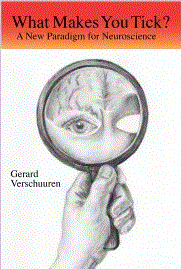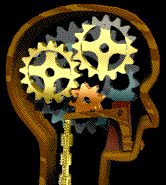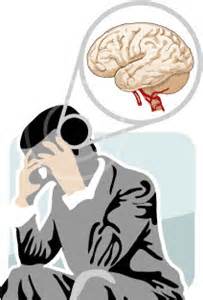Summary
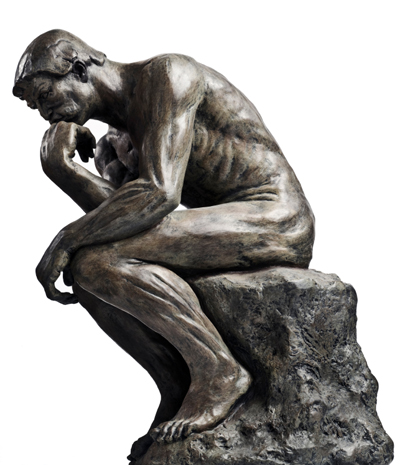
“This book addresses some thought provoking issues: Is the “mind” just a matter of “matter,” or is there something like “mind over matter”? What makes the mind different from the brain, and from everything that comes with the brain – cells, genes, DNA, molecules?
In order to answer such questions, this book takes you from the all too familiar, rock-solid world of molecules, genes, cells, and neurons to a world beyond the world of physics, which is the domain of meta-physics. We may not be used to looking beyond the boundaries of physics and physical things, but there is so much more beyond that horizon. I invite you to follow me on this journey into the “Grand Beyond”…
In the first chapters, I argue that it is not molecules, DNA, or not even neurons that make you “tick.” This is obviously contrasted with the current paradigm of neuroscience. The current paradigm of neuroscience—which I will now call the old paradigm—is too materialistic, too deterministic, and too reductionistic to do justice to the unique position of living human beings in the world. It calls for a more comprehensive one! So let us find out what this new paradigm for neuroscience would, could, or should look like.”
|

|
"Like Sherrington, Penfield, Eccles, and other eminent scientists before him, Dr. Verschuuren has immersed himself and the reader with him in the search for an answer to the mind-brain problem. Using examples from modern neuroscience research, he takes us on a coherent journey from the molecular level of DNA and genes, through synaptic transmission and neuronal function to the physical substance of the brain in search of the mind. Far from dismissing science and physics, he demonstrates how any cogent theory of mind must also include metaphysical constructs. The author makes understandable the sometimes complex theories on the mind-brain conundrum. He gently reminds those of us who have the opportunity to work with the brain on a daily basis, that we are not mind surgeons. . . "
— Paul J. Camarata, M.D., FACS
Chairman, Department of Neurosurgery
University of Kansas School of Medicine
|

| "What Makes You Tick? is a helpful guide on the self and its brain. It brings together a number of related themes, making complicated concepts understandable and exposing the faulty thinking found in scientific reductionism. Verschuuren's book serves as an important reminder about what is at stake in the mind-brain discussion."
— Paul Copan
Professor and Pledger Family Chair of Philosophy and Ethics
Palm Beach Atlantic University
|

|
"This book is an engaging and fascinating read that will compel any scientist or philosopher who is capable of reflection to question some of his or her most fundamental assumptions. Verschuuren illuminates the deficits in the assumptions of the anatomical-genetic-chemical explanations of human behavior in part by going beyond the limits of simple quantifiable behavior into the realm of metaphysics in his search for tools to help us discern who we are both as individuals as well as beings.
This important book will compel psychiatrists, psychologists and others who work with patients within the neuroscience paradigm to reconsider some of the assumptions that drive their work while simultaneously encouraging clergy and pastoral counselors who do not traditionally work within that paradigm to engage with it."
— John Siberski, M.D., S.J.
Associate Professor of Psychiatry
Georgetown University Medical School
|

|
"Dr. Verschuuren is a refreshing voice in this misguided, half-truthed neuro world we live in today. There is as much, if not more, to learn about what the brain isn't than what it is, and getting these illusions straight will help us all be able to live in truth.
Kudos to Dr. Verschuuren to have such a courageous voice...
|
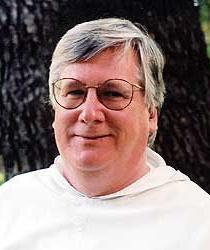
| "Admittedly, knowledge is always a sort of simplification of reality, an abstraction from complexity and detail, but that doesn't mean that the simpler explanation is always the more knowledgeable. Complex realities demand complex explanations, at least for human rationality. And there are few earthly realities as complex—or as fascinating, or as sure to crisscross boundaries and transcend themselves—as the human brain. Recognizing this complexity, Dr. Verschuuren brings together ideas from philosophy, physics, genetics, and neuroscience to suggest a new paradigm for neuroscience. While the intra-disciplinary ideas will be subject to the criticism from each of these fields, Verschuuren has succeeded indirectly in raising anew the perennial question of how a university should be constructed to allow for interdisciplinarity. The brainy dialogue of disciplines undertaken in this book provokes the further question of what makes our universities tick."
— Dr. Richard Schenk OP
President of the Catholic University of Eichstaett-Ingolstadt, Bavaria
|
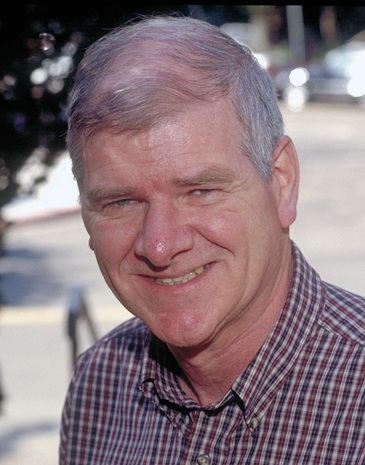
| "This welcome book brings neuroscience and metaphysics together in a way that does not seek so much to 'solve' the mind-brain problem as to manifest the mystery of the human person as both physical and spiritual. From that perspective it is able to unmask the pseudo-dilemmas of scientism and the false "solutions" of materialism and dualism.
Maintaining the unity of the human person by a judicious use of the philosophy of Aristotle and Thomas Aquinas, it provides a way, in Verschuuren's astute phrase, for "telling the mental and physical apart without setting them apart.'"
— Michael J. Dodds, O.P.
Professor of Philosophy and Theology
Graduate Theological Union, Berkeley, CA
|

| "What Makes You Tick? is ambitious. It discusses determinism in physics and then turns to genes, DNA, neural networks, and evolution in biology. Following C. S. Lewis, it shows the failure of “nothing buttery” reductionism in its attempts to displace concepts and intentionality with behaviorist surrogates. It reveals the basic difference between artificial intelligence (AI) and the human mind. […] a good teaching tool, especially for a course in human nature."
— James G. Hanink,
Professor of Philosophy
Loyola Marymount University, Los Angeles, CA
|
"You may not agree with all of Dr. Verschuuren’s assertions, conclusions and evidence. But his book is well written, and his points are well argued. What Makes Us Tick? likely will stir up some new debates and possibly some expanded thinking, too, about where the mind actually resides within – and beyond? – the human body."
|
|
